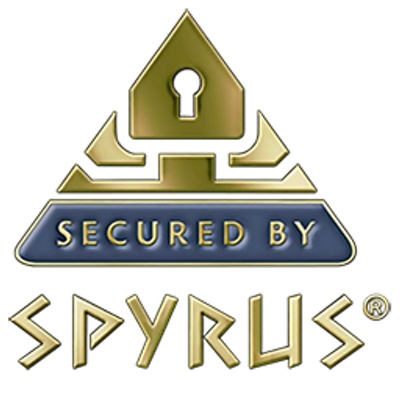Spyrus Inc. enhanced on Monday its comprehensive product suite of FIPS 140-2 Level 3 certified hardware security module (HSM) in support of hardware roots of trust for the Internet of Things (IoT). Hardware Roots of Trust are vital for mission critical applications such as real time health monitoring of aircraft, power grids, other national infrastructures, telemedicine, and homeland security.
Existing network enabled IoT devices are vulnerable to intrusion, denial of services, and hijacking threats that can escalate to Distributed Denials of Service (DDOS) such as the well-publicized Mirai Trojan horse virus. SPYRUS HSMs, whether embedded in circuit boards, computing platforms or other SPYRUS devices, feature industry standard cryptographic algorithms and protocols, and are fully FIPS 140-2 Level 3 certified.
The PKI HSMs are EAL5+ certified for tamper resistance, and coupled with their broad range of cryptographic functions, can serve as a trust anchor for emerging paradigms in information security such as the CDM (Continuous Diagnostics and Mitigation) program being fielded by the United States Computer Emergency Readiness Team (US-CERT).
For evolving IoT deployments, the SPYRUS HSM technology integrates easily with current blockchain-based systems, and provides value-added features for use by blockchain developers and system integrators such as remotely managed local secure execution environments, tamper resistant and tamper evident hardware storage of data encryption and signing keys, and layers of multi-agent authorization / authentication to substantially augment and strengthen the inherent capabilities of blockchain.
The fundamental benefit of the SPYRUS HSM devices is the creation of a trustworthy, secure operational environment which is an absolute requirement in the deployment of IoT devices. Overlaying this technology are the SPYRUS evolutionary concepts in remote discovery, attestation and authentication as evidenced by US Patent 9,521,123 for Secure File Encryption and patent application 15/462,697 for Secure Remote Authentication of Local Machine Services Using Secret Sharing.
“SPYRUS supports the current and evolving technologies of the Internet of Things with its extensive, multiple form factor product lines of hardware based encryption devices. SPYRUS continues its leadership and investment in the expansion of its formidable hardware security product lines to mitigate insider, malicious, unintended threats, external hacks, and state sponsored tampering that increasingly results in significant damage and denial of services,” said Tom Dickens, SPYRUS COO. “The SPYRUS architectures provide designers and systems integrators with a secure hardware root of trust to permit deployment of resilient distributed systems and blockchain infrastructures for a wide range of implementations.”
The extensive Spyrus HSM product line includes the Rosetta Smart Card, Rosetta USB, Rosetta Micro embedded QFN packages, and Rosetta TrustedFlash microSDHC device with hardware encrypted storage. All SPYRUS HSM devices include the Spyrus Cryptographic Operating System (SPYCOS) with support for PKI digital signatures, hashing, key management, and patented zero knowledge secret sharing technology. For larger scale deployments, USB 3.0 SSD class hardware encrypting bootable live drives for Windows To Go and Linux2Go and the PocketVault P-3X encrypted storage drives all contain the Rosetta SPYCOS PKI HSM.




